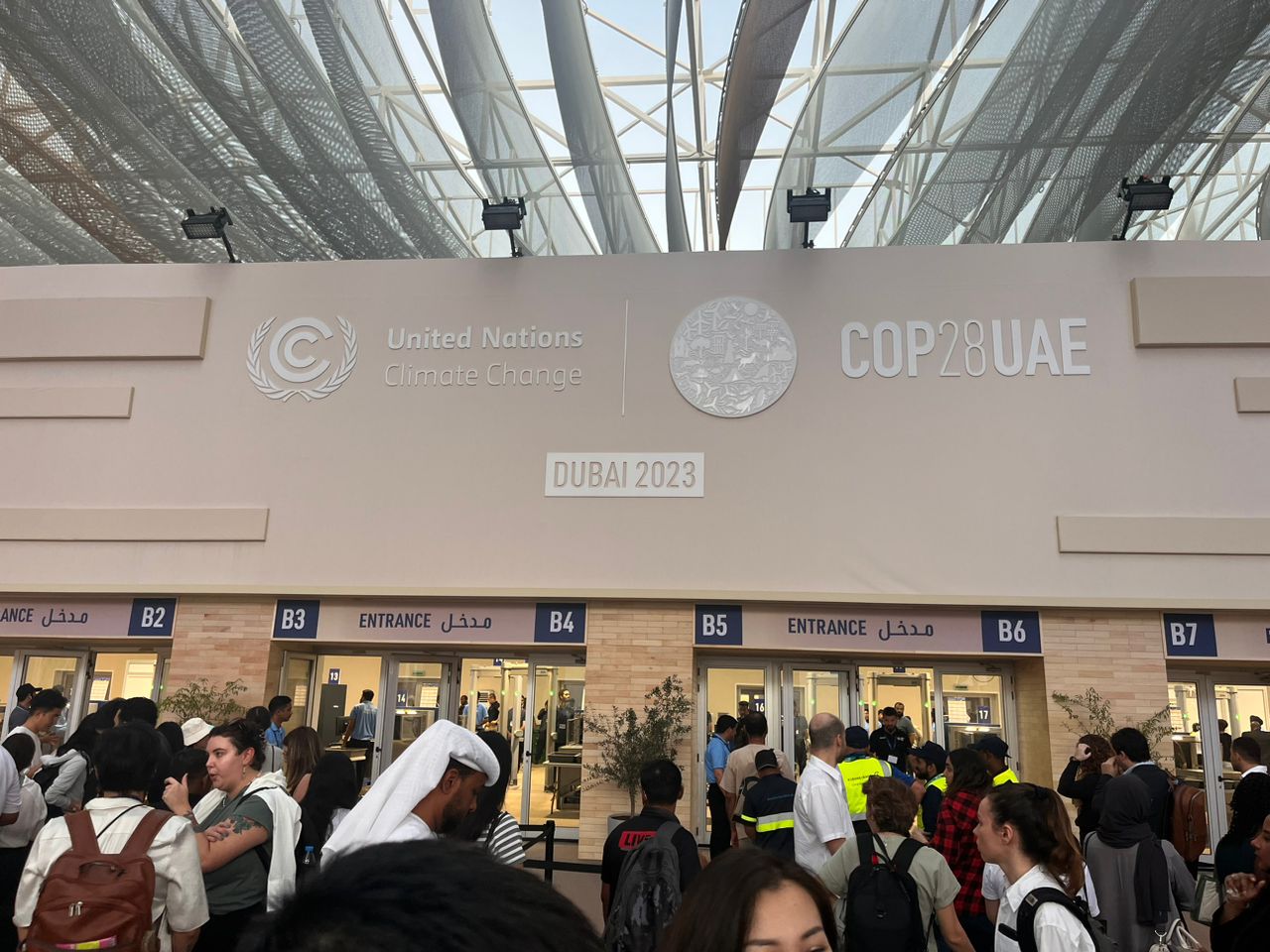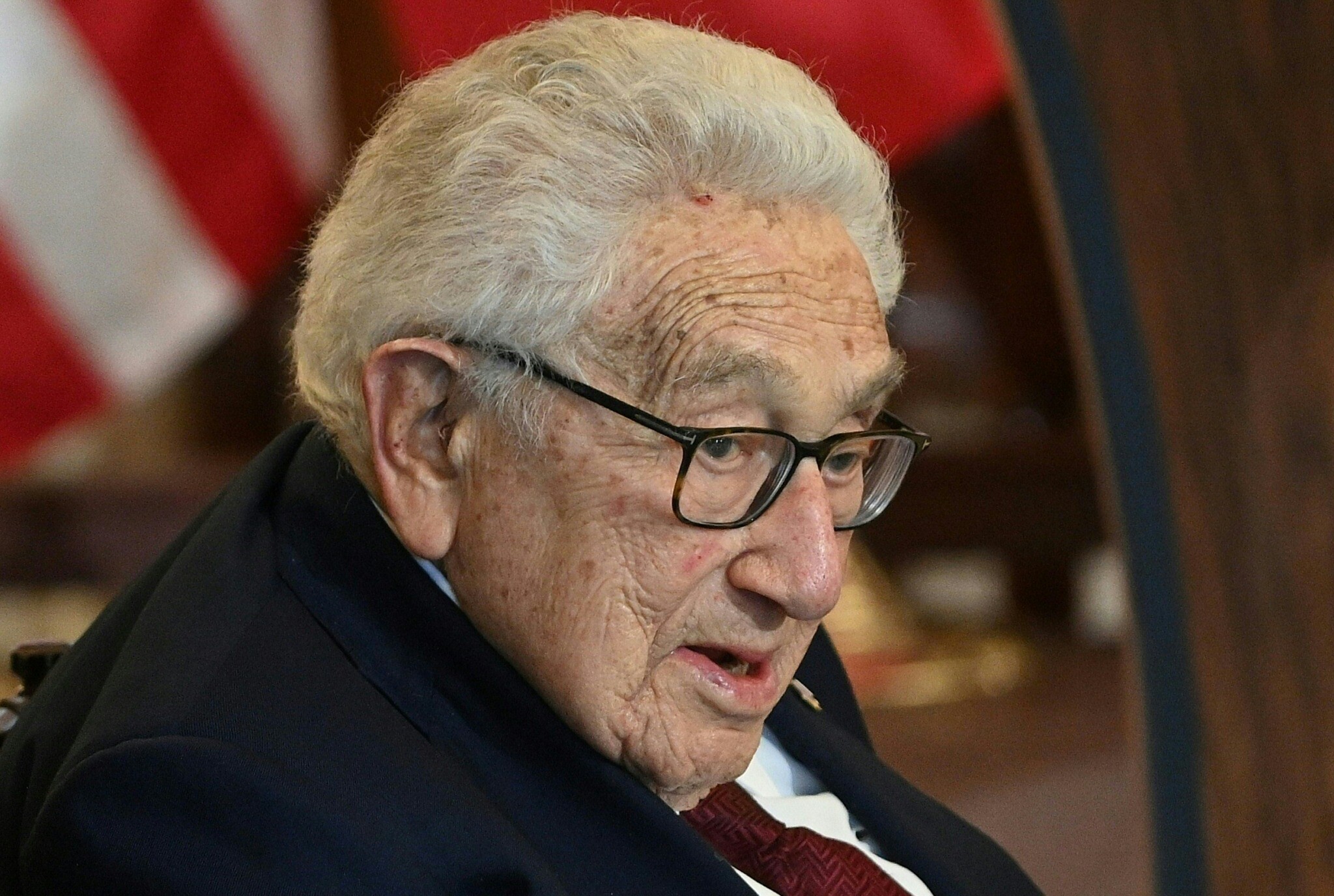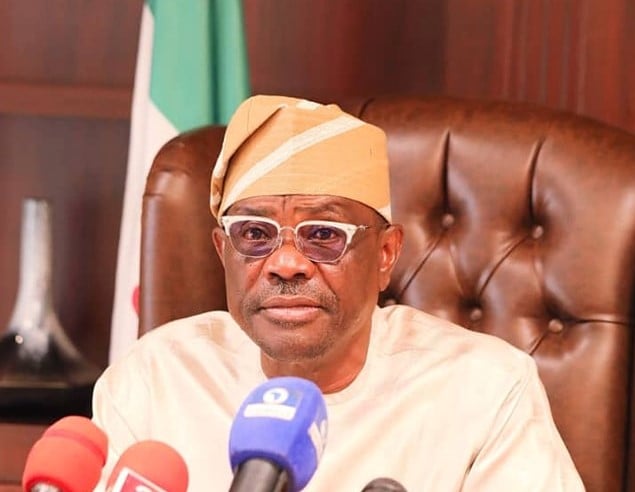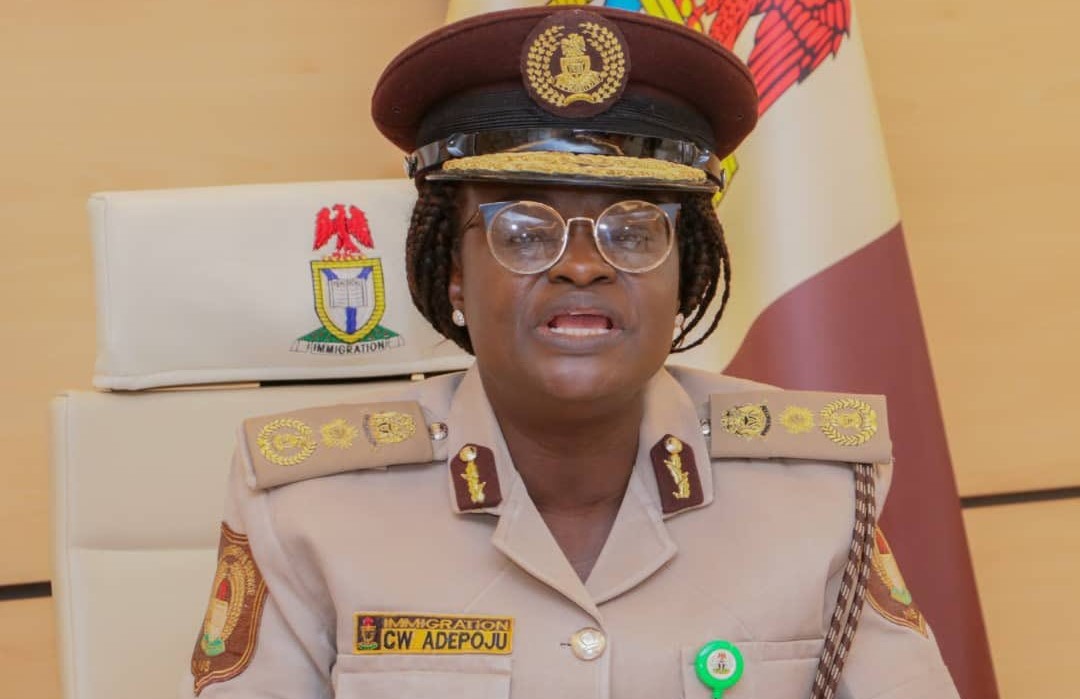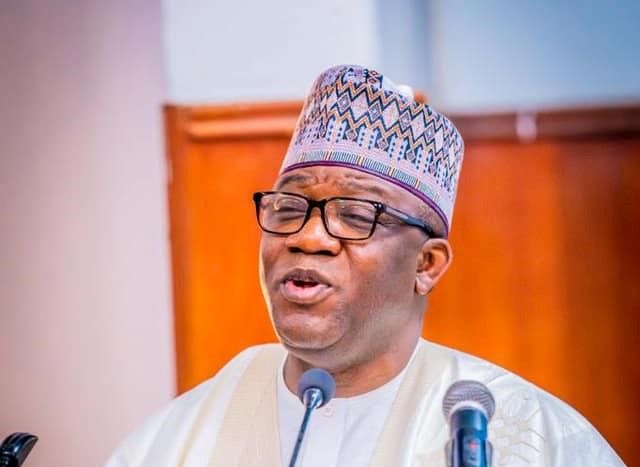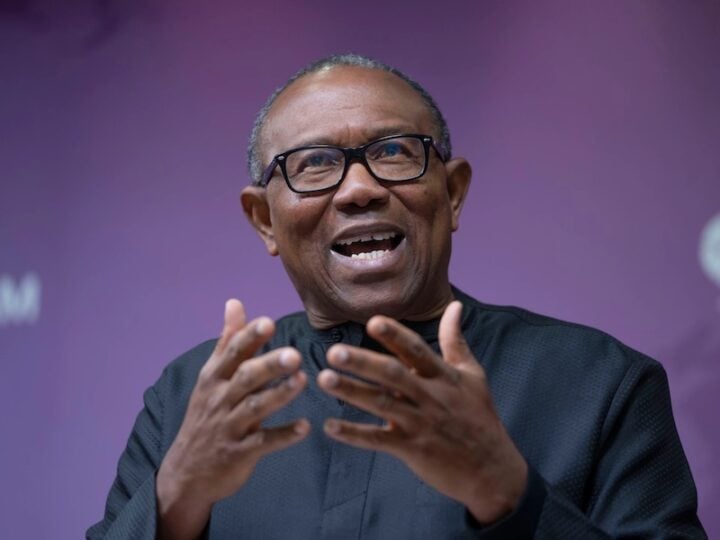The much-awaited 2023 UN climate change conference is here and world leaders are expected to take key decisions on how to tackle the global challenges that are impacting all facets of human life and societies.
This year, the world has experienced some of the worst climate impacts with higher-than-normal temperatures, prompting scientists to say we are on track to have the hottest year on record.
The rise in temperature, mainly caused by human activities of burning fossil fuels, has increased the rate of flooding, wildfires, disease outbreaks, food insecurity, poverty, and migrations.
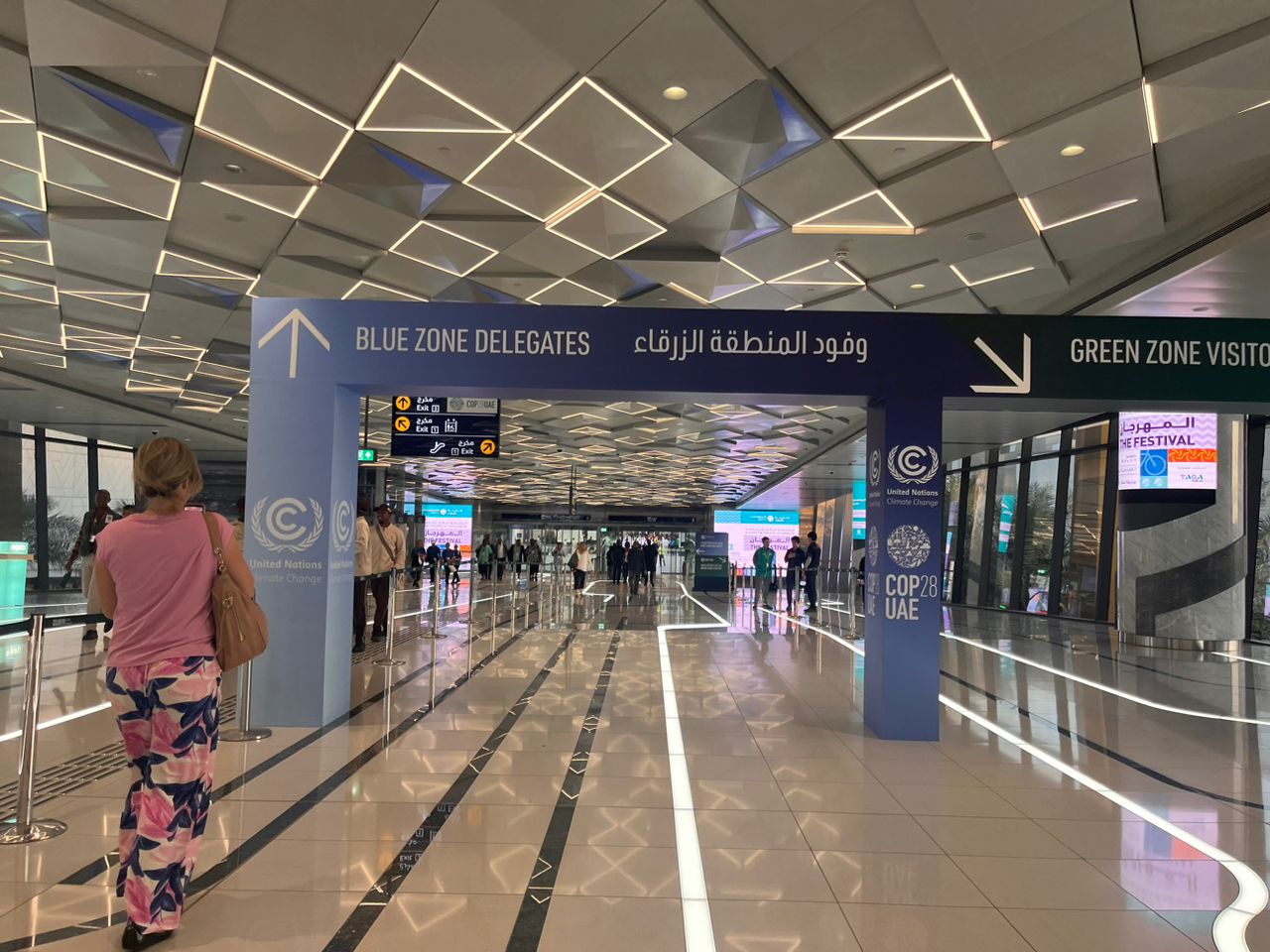
Advertisement
The 28th session of the Conference of the Parties (COP28) starting today promises to be the solution catalyst, pledging to “bring the world together at a critical moment for global transformative climate action”.
With over 70,000 delegates, including member states, business leaders, youth leaders, climate scientists, journalists, and other stakeholders expected to be in attendance, the world is eager to see what the summit can deliver for climate action.
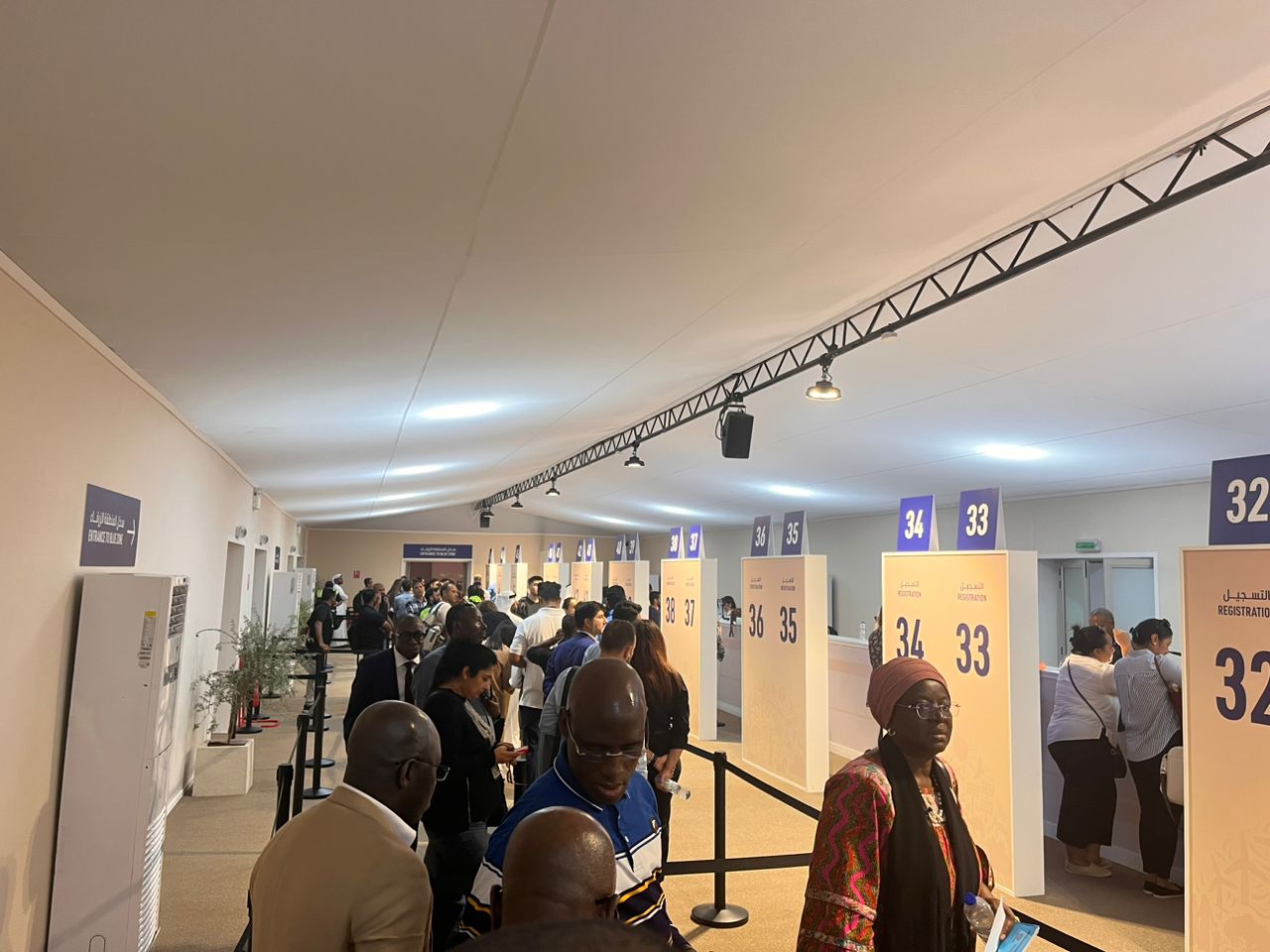
TheCable examines some of the big issues that will shape the conversation and determine if the world makes progress at this year’s COP.
Advertisement
THE BIG ISSUES
The conference — which will be held from November 30 to December 12 in Dubai Expo City — will feature diverse thematic issues ranging from health to finance, energy, gender equality, and agriculture, among others, as well as negotiations on the hotly contested loss and damage fund and the global stocktake.
- Global Stocktake: The global stocktake (GST) will be concluded at COP28. This process aimed at assessing countries’ progress toward achieving global emissions reduction is happening for the first time since the Paris Agreement in 2015. The United Nations believes this “is a moment to take a long, hard look at the state of our planet and chart a better course for the future”. World leaders will take inventory of their activities so far in getting the world to where it needs to be on climate action while committing to raise the ambition in their 2025 nationally determined contributions (NDCs).
- X3 Renewable Energy: Countries will also work to triple the world’s renewable energy capacity and double the energy efficiency improvement rate by 2030. This is following the report by the International Renewable Energy Agency (IRENA) that a significant acceleration in the deployment of renewable energy is needed to put the world back on course to meet its climate goals. More than 60 countries have already agreed to the deal and hope to call for its inclusion in the final outcome of the conference.
- Adaptation Finance: Developing countries need $340 billion annually by 2030 to adapt to the impacts of climate change. The 2023 adaptation gap report by the United Nations Environment Programme (UNEP) showed that progress on adaptation has slowed down across different areas, including finance and implementation. Developed countries have continued to default on the $100 billion pledge made to developing countries since 2009. At COP28, countries will be looking into these issues and how to overcome the barriers to adaptation that impede implementation.
- Loss and Damage Fund: In what seemed like a reluctant agreement at COP27 in Egypt, the Loss and Damage Fund was created after years of pushback from developed countries. At COP28, the framework for the operationalisation of the fund will be adopted. Reports have it that pledges have already been made, with the European Union saying it will make a “substantial” contribution to the fund. However, there are still concerns about the eligibility for accessing the fund, given that China and Russia are still part of the “developing countries” group. Also, civil society organisations and other stakeholders have kicked against the option of the World Bank as the institution to host the fund.
- Health: As climate change poses threats to the health of humans everywhere, there will be, for the first time, a dedicated health day at COP28 – hosted by the World Health Organisation (WHO) and other partners. On this day, the global health outlook is expected to take a turning point as a climate and health declaration will be released. In a strong call to governments ahead of COP28, Sultan Al Jaber, COP president, asked countries to endorse the agreements because “through the declaration on climate and health, we aim to help deliver public health systems that are climate-resilient, sustainable and equitable”.
- Fossil fuel phase-out: The move towards a fossil fuel phase-out has never been totally agreed upon by countries. This year, talks around the issue are expected to feature again but this time, the US, EU and other climate-vulnerable countries are insisting on a final COP28 deal that commits countries to phase out fossil fuels. There are concerns that this could receive serious pushback as countries like Russia already said they’ll be opposing it.
NIGERIA’S COP28 AGENDA
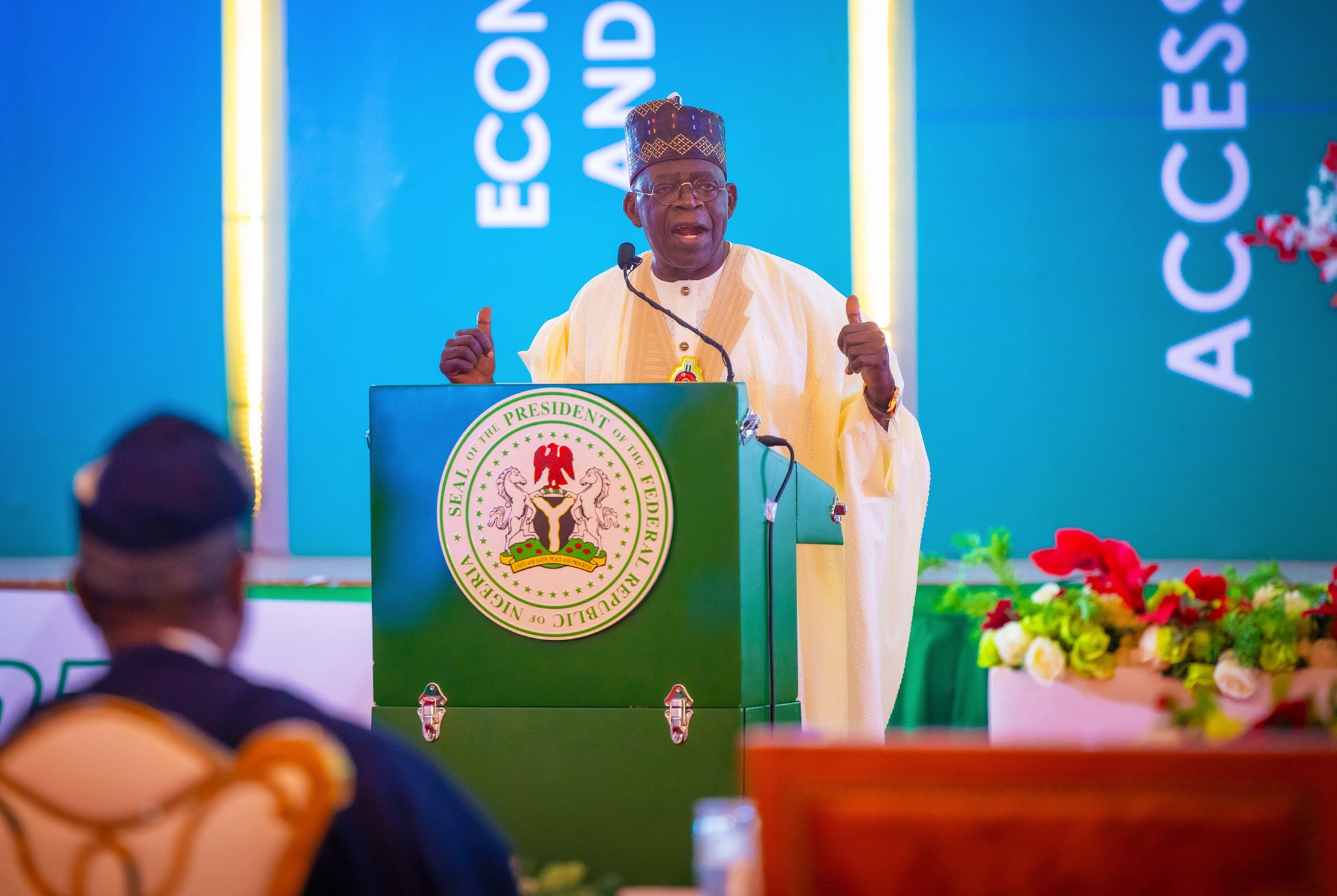
Nigerian President Bola Tinubu will be joining other heads of state and governments to participate in the World Climate Action Summit happening on December 1 and 2.
Advertisement
Tinubu will deliver the national statement and will highlight Nigeria’s position on diverse thematic topics including renewable energy and climate finance.
In a statement on Tuesday, Ajuri Ngelale, SA to the president on media and publicity, said the Nigerian delegation to COP28 will actively explore “establishing new and deeper bilateral partnerships to implement Nigeria’s Energy Transition, Article 6 Projects, Internationally Transferred Mitigation Outcomes (ITMOs), Technology Transfer, Capacity Building, and Methane Mitigation”.
With many Nigerian communities impacted by climate change, the country is hopeful that negotiations at the conference will deliver meaningful results that can address flooding, energy transition, food insecurity and vulnerable health systems, among other issues.
Advertisement
